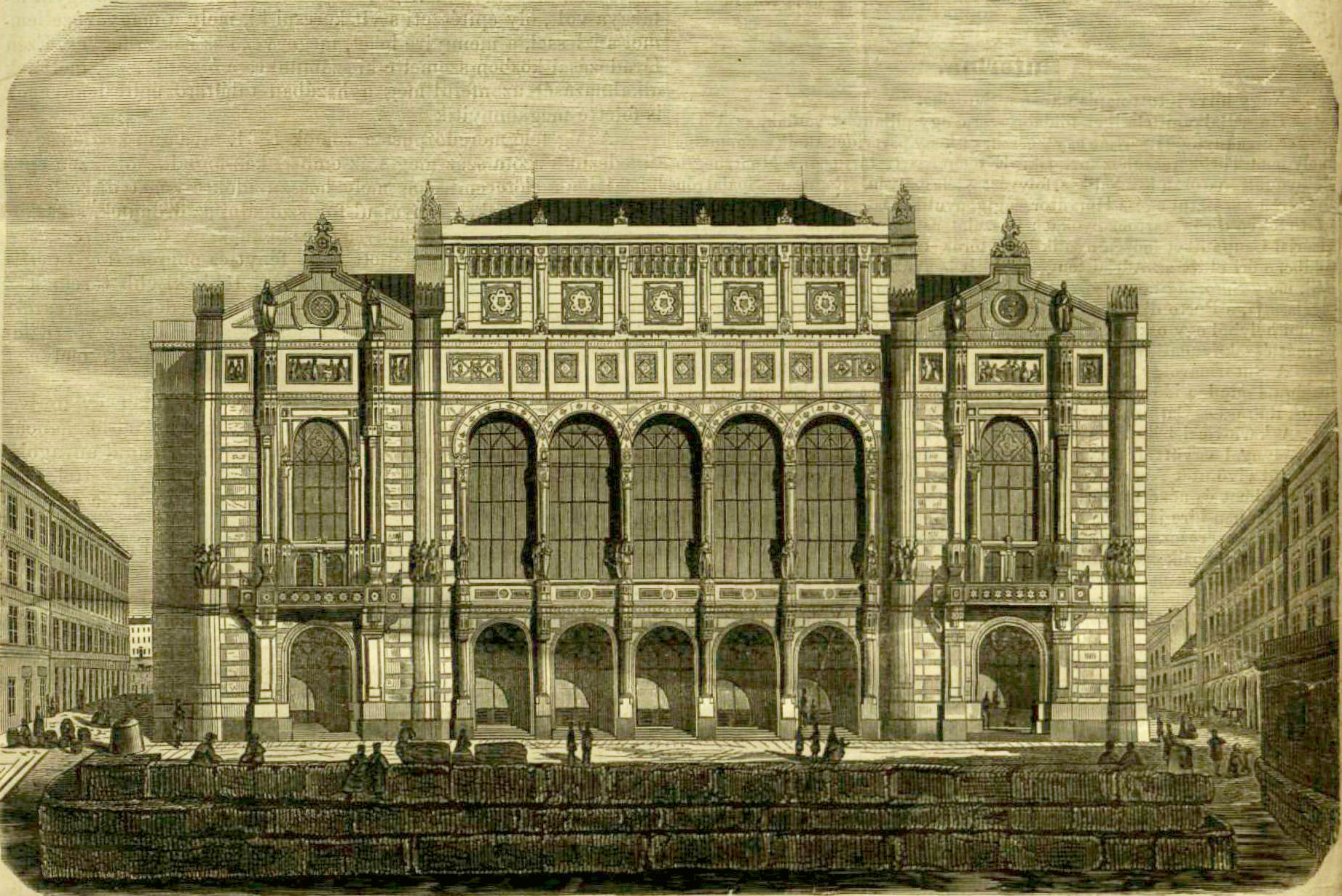
Mosaics from Pesti Vigadó's History
After a long series of reconciliation talks and negotiations, at the end of the year 1873 the new capital of the Hungarian nation, Budapest was eventually born. The unification of the formerly three distinct city parts of Pest, Buda and Óbuda had been on the agenda for years, but this year finally witnessed the birth of the decision to make the deserving town of Budapest Hungary's metropolitan capital. The process of unification could only be deemed completed once the leadership of the new town, including the Mayor, was elected.
In fact, the newly-established position of the mayor was representative in nature: practically speaking, at that time the mayor did not have true decision-making power. Simply put, the mayor was solely entrusted with managing the political dialogue between the government and the town of Budapest, and for that reason the person holding this position was to maintain trust by both parties. In light of this, it is no wonder why the new 400-member General Assembly of Budapest could only vote for one of the three candidates (namely, Advisor to the Minister of Defence Sándor Havas, Mayor of the Large Town of Buda Ferenc Házmán, and Vice-President of the Royal Pest Court of Appeal Károly Ráth) proposed by Franz Joseph I of Austria: only such an arrangement could guarantee that loyalty to both the town and the King was retained.
The political power relations of the formerly three distinct city parts of Pest, Buda and Óbuda were clearly evident at the time of the election, thus the mayor was selected through a secret ballot using a special method of casting votes called blackballing.
"Three chests were set up and each bore the name of one candidate. The voters got three balls of different colour. Out of the three balls, only the white ball signalled a vote. So if a white balls was placed in a chest, it signalled one vote for the person whose name appeared on the chest. This way nobody knew who the others had voted for, as each person placed a ball in each of the chests." - Except from Political Novelties, Vol. 19, No. 44, date of issue: 29th October 1873
During the voting period, which ended at 2 o'clock p.m., 383 people cast their votes. In the chest bearing the name of Károly Ráth, there was 209 white balls, i.e. votes. Thus we may easily conclude that the road to Budapest's first mayorship was paved with white balls in the scope of casting votes by way of blackballing.



